G7 nations look to strengthen action against transnational crime
Canada's Gary Anandasangaree stated that building on commitments from the 2025 G7 Leaders’ Summit in Kananaskis, Alberta, security discussions focused on strengthening collective action to combat transnational crime.
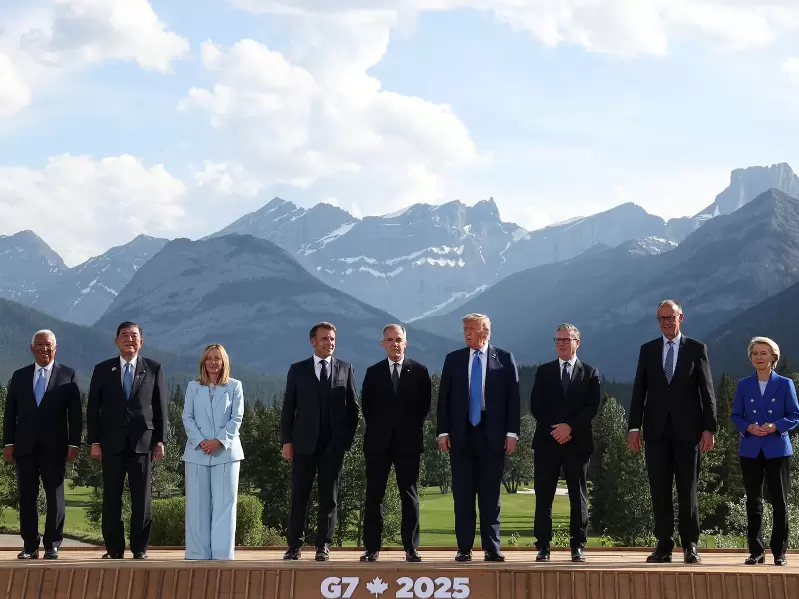 G7 leaders. / Council of Foreign Relations
G7 leaders. / Council of Foreign Relations
The growing cult of transnational crime has been a concern for G7 nations. When the interior and security ministers of the member nations — Canada, France, Germany, Italy, Japan, the UK, and the United States — met in Ottawa for three days, they discussed the complex challenges to the safety and security of nations, the common commitment of preventing and countering threats to citizens, and the resilience of various sovereign states.
Gary Anandasangaree, Canada’s minister of public safety, who hosted the G7 Interior and Security Ministers’ Meeting, stated that building on commitments from the 2025 G7 Leaders’ Summit in Kananaskis, Alberta, security discussions focused on strengthening collective action to combat transnational and organized crime.
Intensifying cooperation to detect and disrupt the production and distribution of illegal synthetic drugs; preventing and countering the smuggling of migrants; increasing international cooperation against the growing threat and sophistication of cybercrime and other malicious cyber activities; addressing terrorist and violent extremist content online, including rising youth radicalization; addressing a common understanding of transnational repression and the need for agile and coordinated responses to detect and respond to threats by foreign state actors or their proxies; and driving forward global change to protect children from sexual exploitation, including in the online space, were the other major subjects that came up for deliberations during the three-day meeting.
ALSO READ: Canada, India launch trade talks as Modi–Carney meeting resets ties
At the end of the meeting, the participating interior and security ministers issued a joint communique highlighting various interwoven and important issues.
In addition to these discussions, Minister Anandasangaree took the opportunity to meet bilaterally with his G7 counterparts to discuss priorities and deepen relationships with important allies.
The outcomes of the ministers’ meeting set the stage for further collaboration between Canada and its partners.
“The fundamental responsibility of every government is to keep its citizens safe and secure. Bringing together the G7 Interior and Security Ministers in Ottawa is a concrete example of how we work as international partners to fight against threats like organised crime, transnational repression, terrorism, and violent extremism. Canada is stronger and safer when we work with our trusted partners,” said Gary Anandasangaree, minister of public safety.
The Group of Seven (G7) is an informal grouping of seven of the world’s advanced economies — Canada, France, Germany, Italy, Japan, the United Kingdom, and the United States — and the European Union. Its members meet annually at the G7 Summit to discuss global economic and geopolitical issues.
The country assuming the G7 presidency is responsible for setting the agenda for the year, as well as hosting and organizing the summit, along with several meetings between ministers and senior officials throughout the year. As part of its role as G7 president, Canada is hosting a series of ministerial meetings throughout the year.
In 2025, Canada and its G7 partners are celebrating 50 years of partnership and cooperation. Ever since France hosted the first meeting in 1975, the G7 has been a driving force for international peace, economic prosperity, and sustainable development.
ADVERTISEMENT
ADVERTISEMENT
E Paper
Video




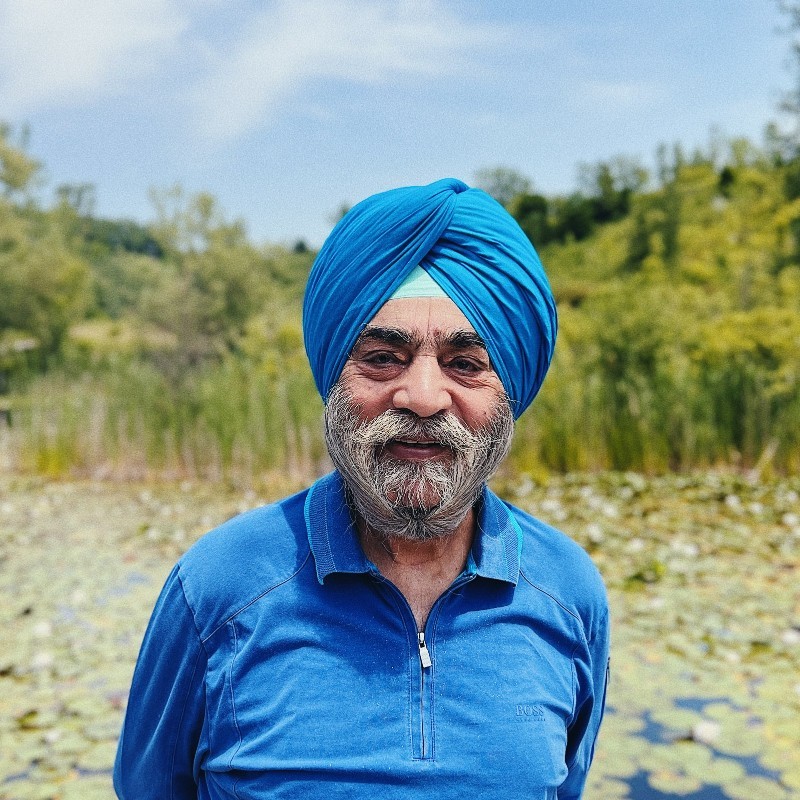 Prabhjot Paul Singh
Prabhjot Paul Singh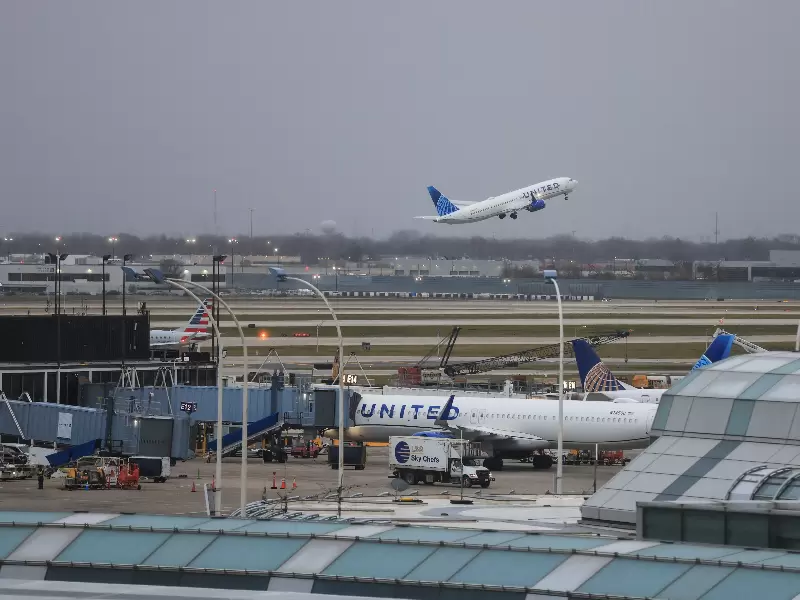

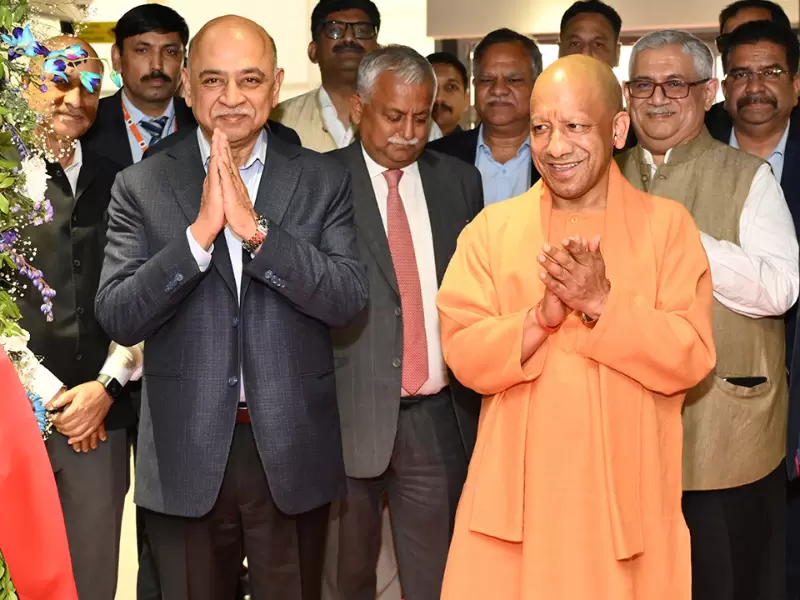
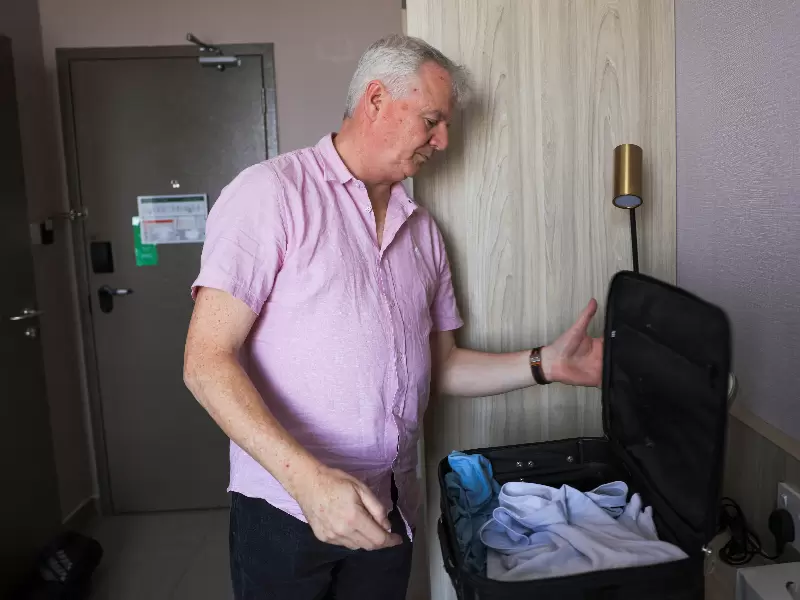

.JPG)

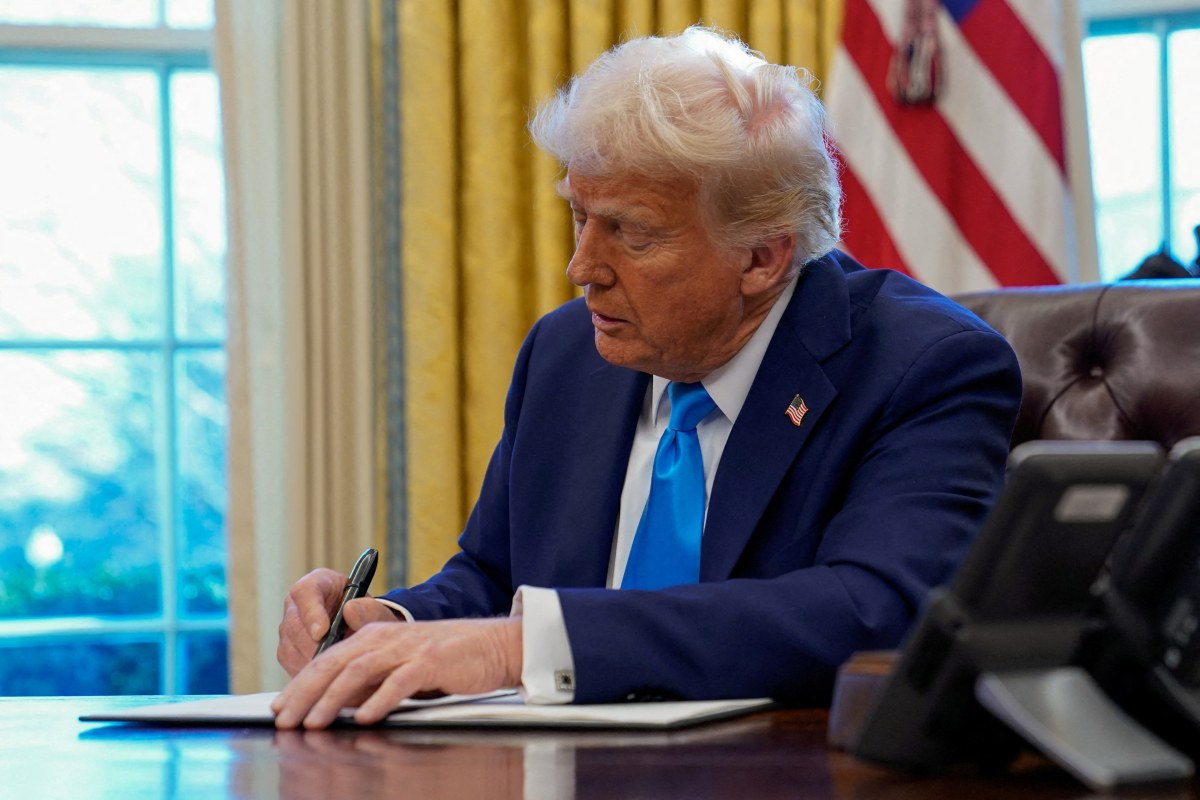


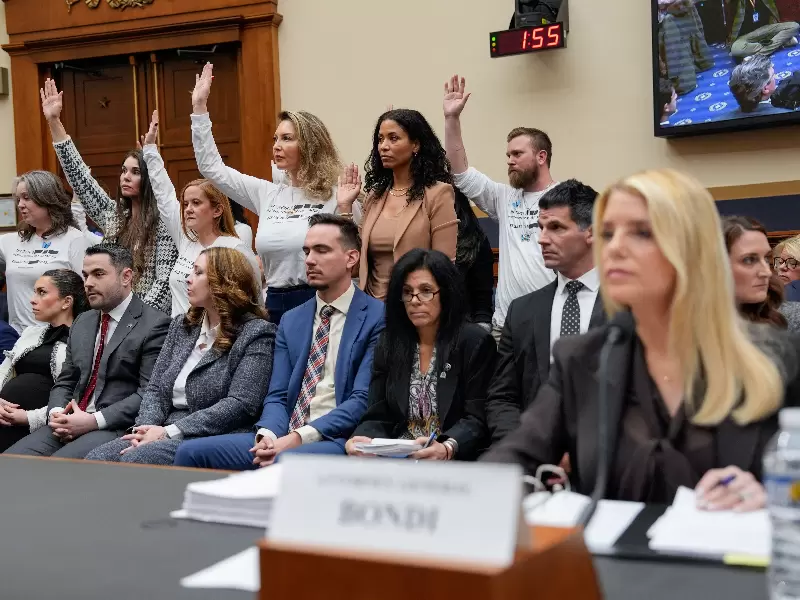
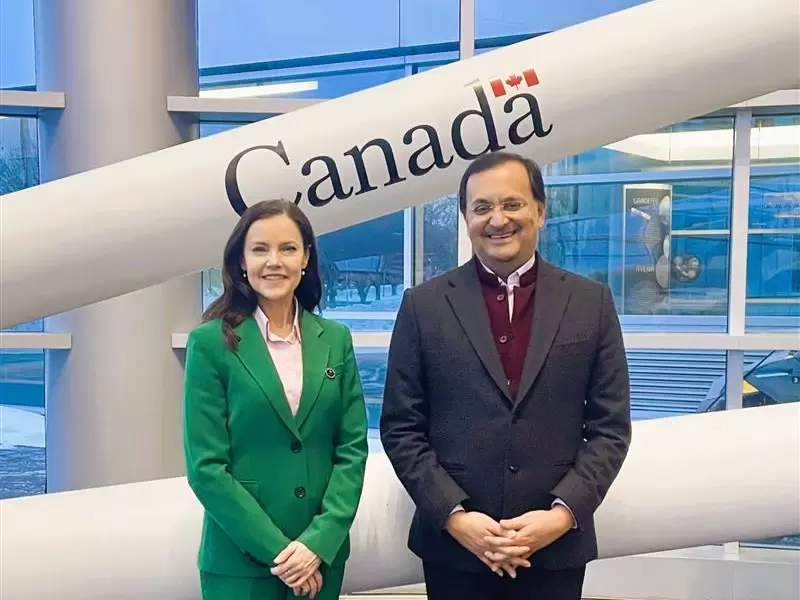


Comments
Start the conversation
Become a member of New India Abroad to start commenting.
Sign Up Now
Already have an account? Login